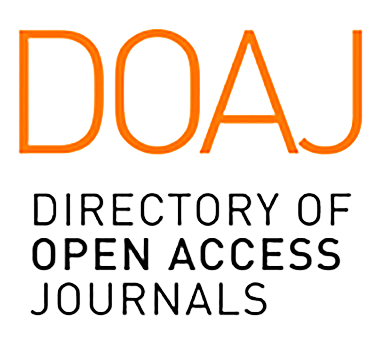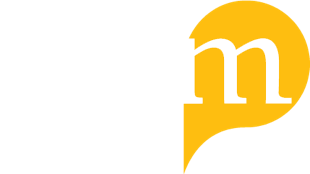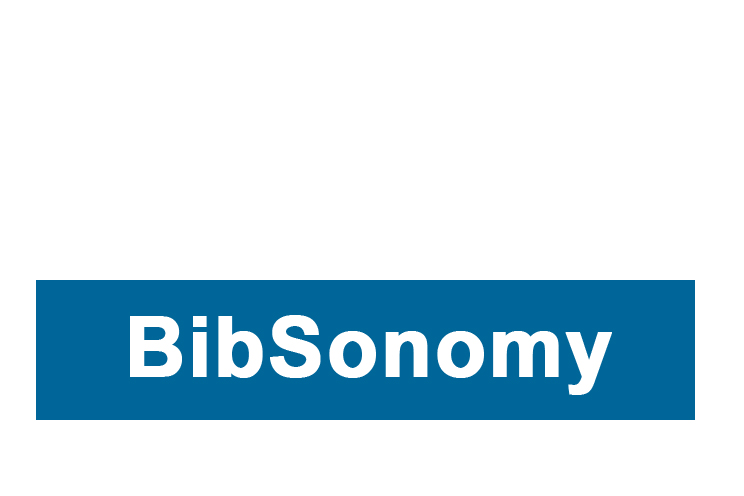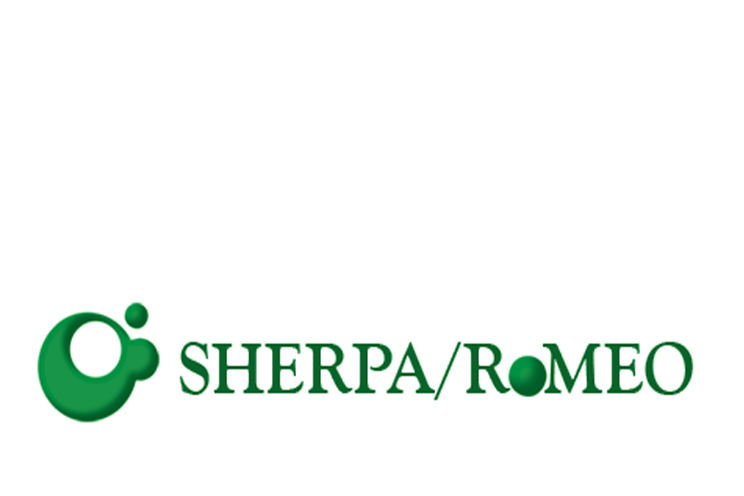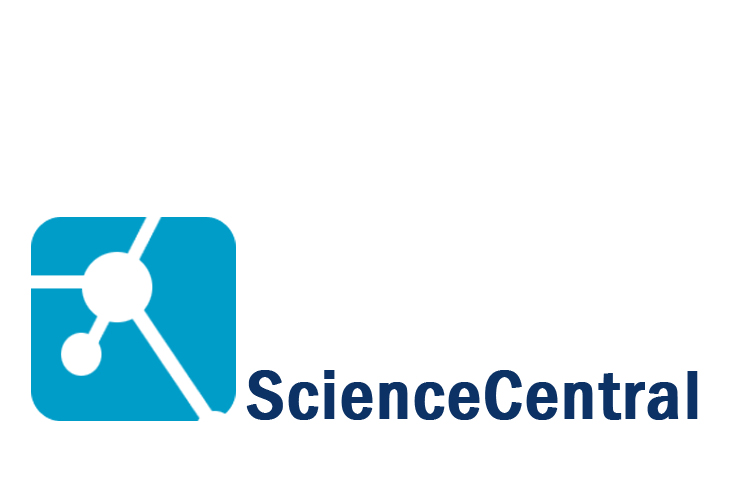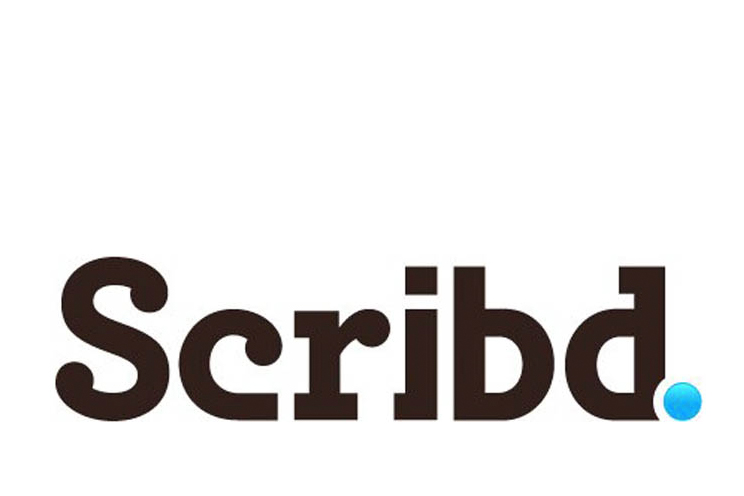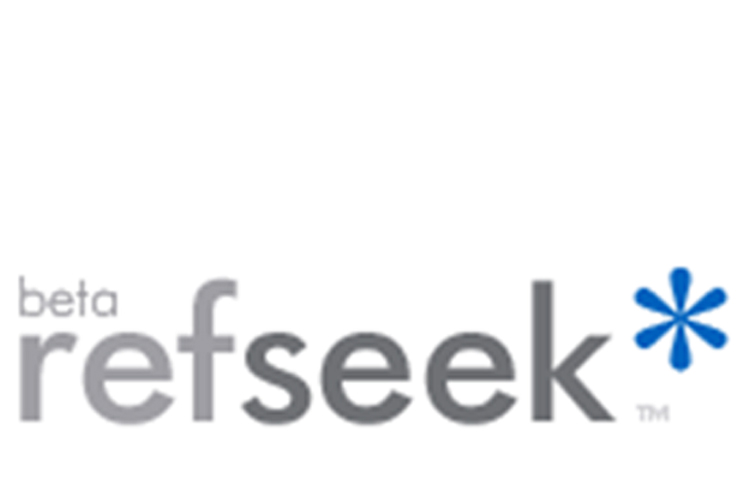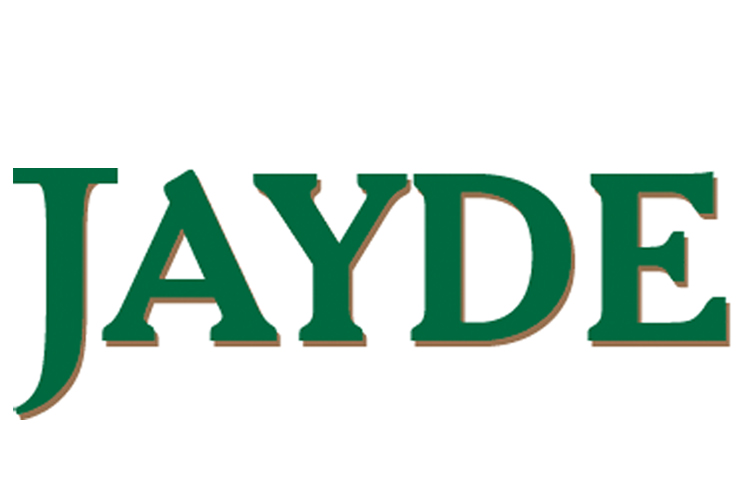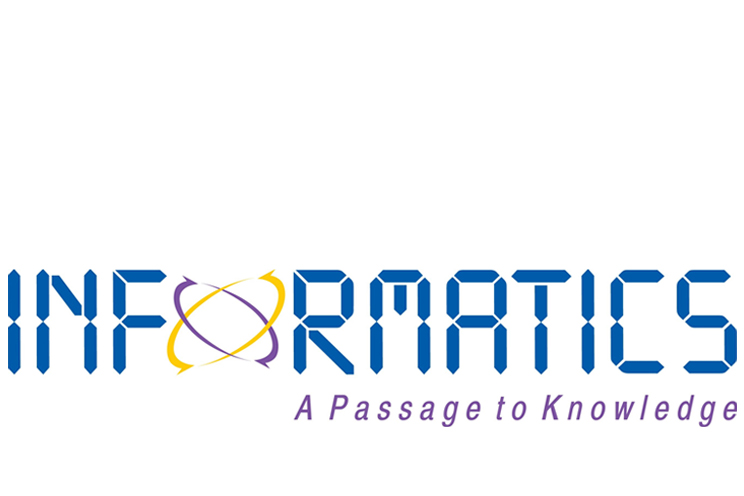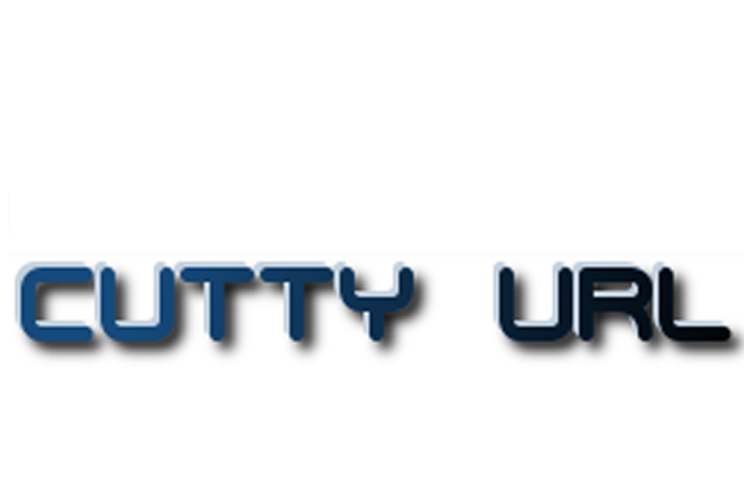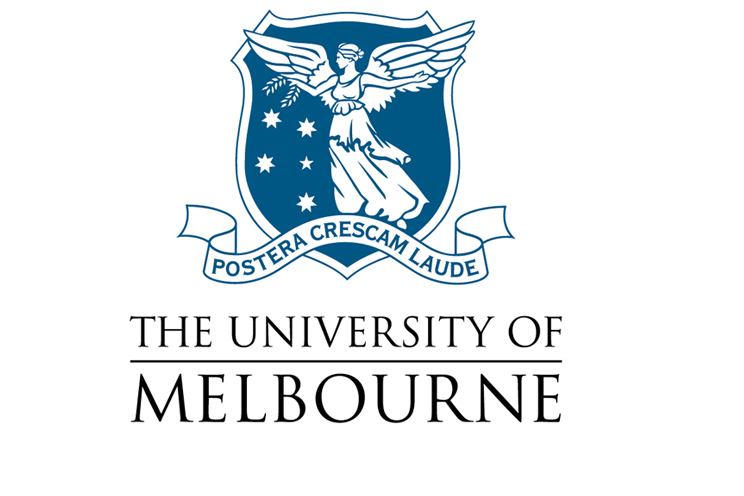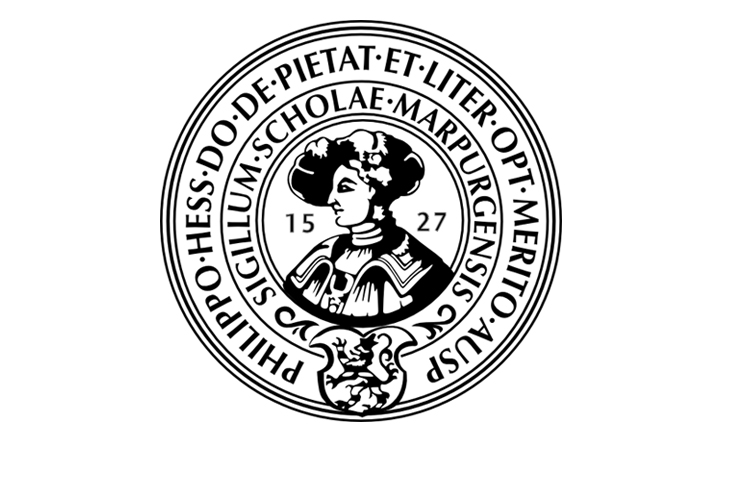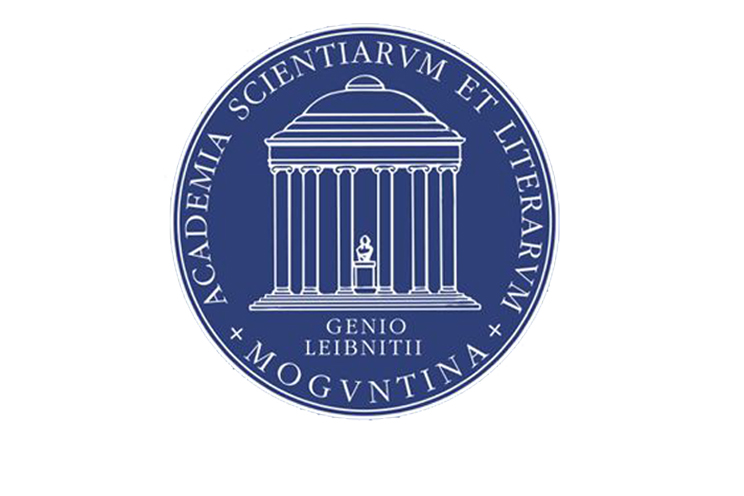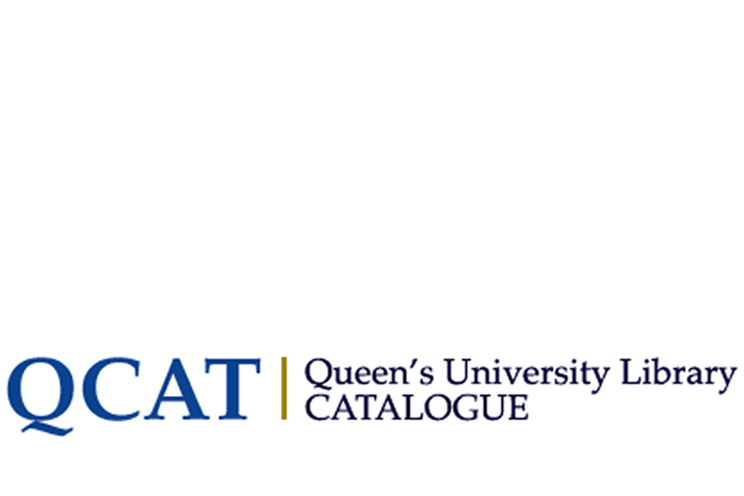Public Article
-
verified
Doxorubicin hydrochloride liposome and albumin-bound paclitaxel in cancer: a nanotechnology perspective
ISSN: 2582 - 8789
Publisher: author
Doxorubicin hydrochloride liposome and albumin-bound paclitaxel in cancer: a nanotechnology perspective
Indexed in
Biology and Life Sciences
ARTICLE-FACTOR
1.3
Article Basics Score: 3
Article Transparency Score: 2
Article Operation Score: 2
Article Articles Score: 2
Article Accessibility Score: 2
SUBMIT PAPER ASK QUESTION
International Category Code (ICC):

ICC-0402
Publisher: The Applied Biology & Chemistry Journal
International Journal Address (IAA):

IAA.ZONE/258295488789
eISSN
:
2582 - 8789
VALID
ISSN Validator
Abstract
Nanoparticles (1-100 nanometres in size), products of nanotechnology, offer a modern way to transport anti-cancer drugs by acting as transporters of drugs into tumor cells, hence quenching tumor cell proliferation. Such nanoparticles may be formulated to bind to the tumor cell membrane or inhibit specific reactions of tumor biosynthetic pathway by gene repression, or directly bind to the active sites of essential enzymes in the biosynthetic pathway. Consequently, drugs are completely delivered to the desired cancerous cells without system interference. Liposomal doxorubicin and albumin-bound paclitaxel are two examples of nanotechnologically developed drugs for treating cancer. Modern knowledge of nanotechnology opens up new opportunities for innovative research on cancer therapies and administration and helps minimize harm to healthy cells. This review focuses on the doses and routes of administration of these chemotherapeutic agents...

